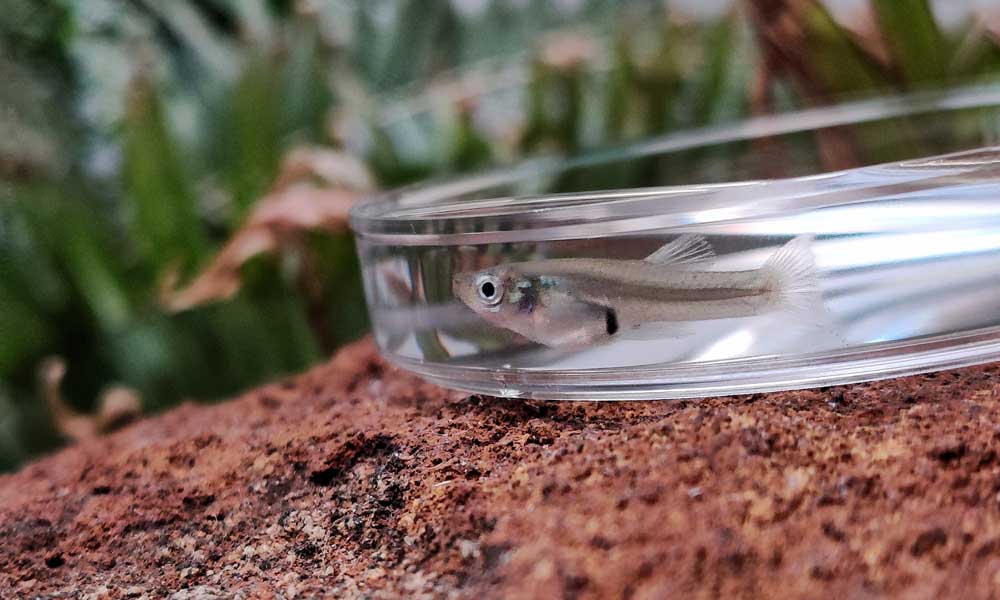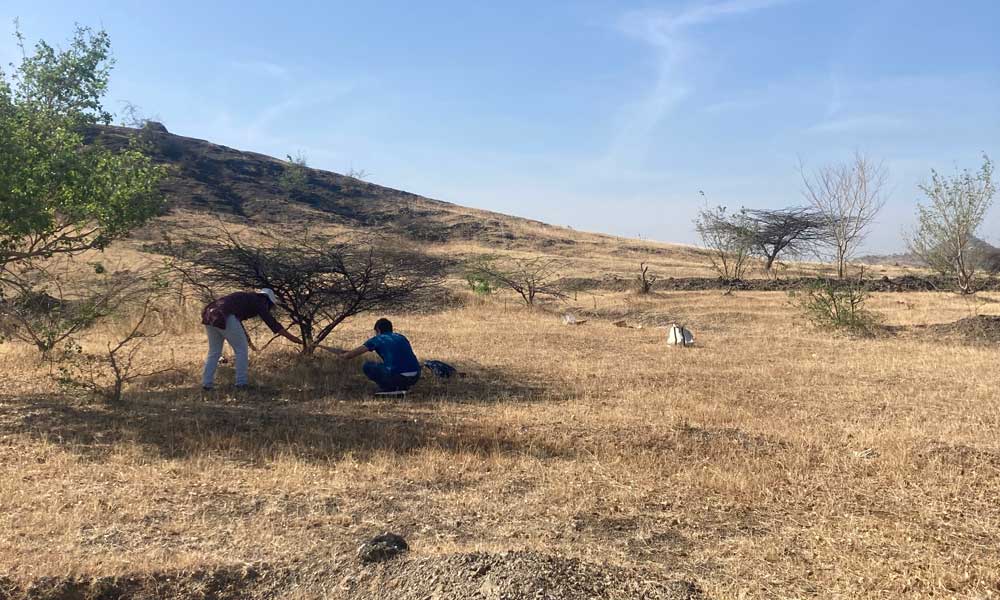The urgent need to minimise the negative impacts of climate change on human and natural systems aligns with various international agreements, including the Global Biodiversity Framework 2030 and the Koronivia Joint Work on Agriculture. ATREE’s adaptation research responds to this need by building climate resilience for agricultural communities and biodiversity through intensive site-based research. We design, monitor and evaluate strategies, action plans and policies and promote the use of nature-based solutions and ecosystem-based approaches. The solutions we propose aim to be effective and equitable and can provide multiple co-benefits to achieve positive impacts of climate action.

Species adaptation is a crucial aspect of climate research, involving the use of diverse ecological niche modelling tools for climate prediction and analysis. Understanding the potential impacts of climate change on flora and fauna is essential in devising effective adaptation strategies. ATREE maps and predicts the distribution of endangered and economically important species as well as invasive species to develop sound conservation and management strategies. Some species being worked on include medicinal plants such as Coccinium fenestratum, Embelia ribes, Saraca asoca and invasive species such as African Giant snail, Gambusia, Lantana.
Changing rainfall patterns and increasing temperatures exacerbate water scarcity leading to depleting groundwater levels. ATREE aims to increase accessibility and awareness of local food species among consumers to help sustain markets for farmers and nutrition uptake among communities. We also work with communities to bring back use of traditional crops, knowledge systems to improve climate resilience and ensure farmer livelihoods. We also address challenges in climate-resilient agriculture, sustainable water management, land conservation practices, and promoting farmer welfare programs.


Healthy soils deliver enormous benefits to people and nature – they can better retain water during droughts, reduce erosion during heavy rainfall events, and support more robust plant growth. Carbon-rich soils also play a significant role in the global carbon cycle by acting as a carbon sink. ATREE undertakes research to better understand soil carbon stocks and fluxes in natural and human-dominated ecosystems across India. Our efforts are crucial to develop and deploy effective land management strategies which promote healthy soils and enhance carbon sequestration through undertaking pilots, supporting soil monitoring campaigns and evaluating environmental policies, therefore building climate resilience.